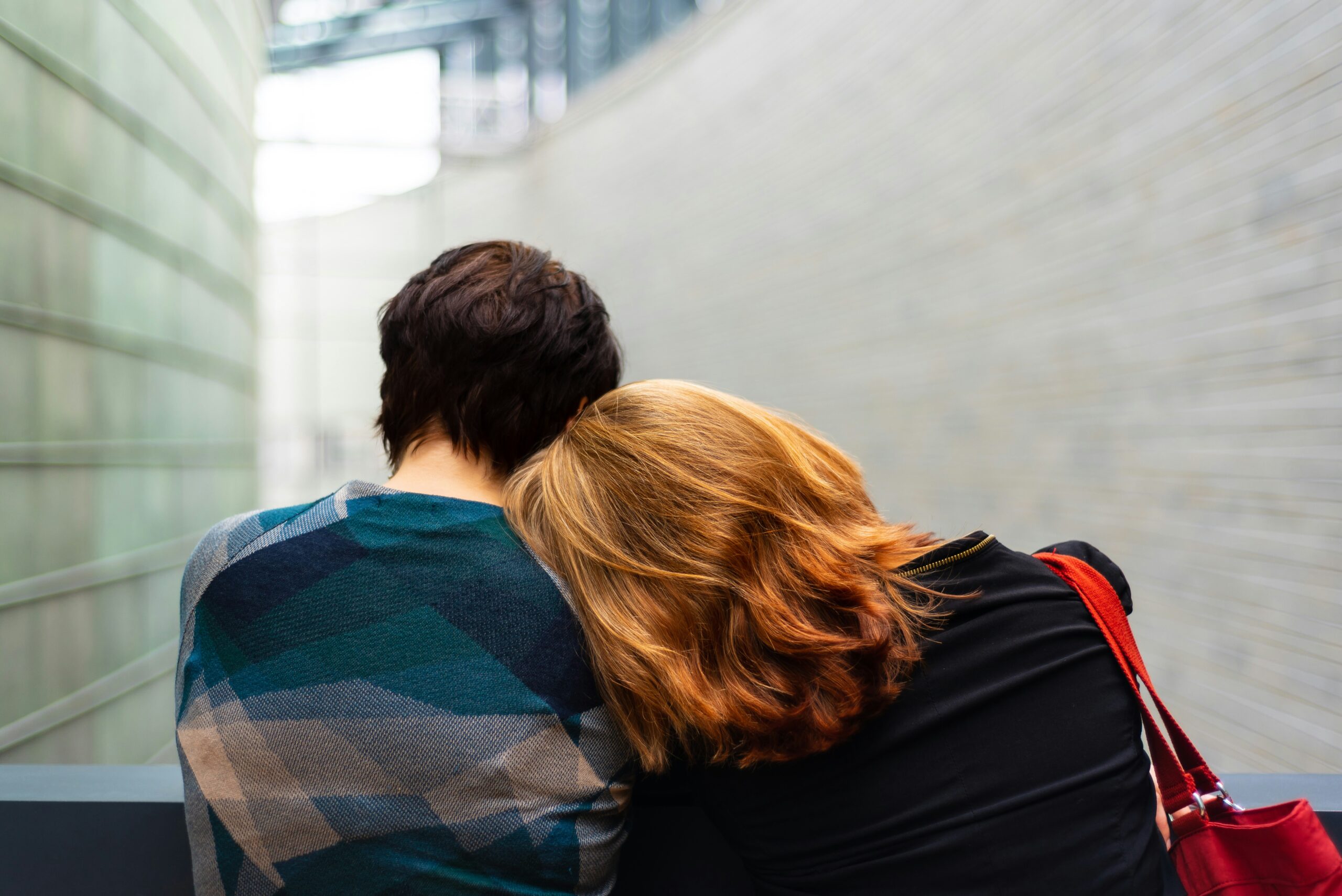Ireland’s LGBTQ+ Youth are Experiencing a Mental Health Crisis
 Image Credits: Transly Translation Agency
Image Credits: Transly Translation Agency
Ireland’s LGBTQ+ Youth are Experiencing a Mental Health Crisis
Text: Izzy Copestake
Bullying, self hatred, shame, discrimination were all cited as reasons behind poor mental health.
According to research published today by Trinity College Dublin, there has been a “stark deterioration” in the mental health of LGBTQ+ people in Ireland. The survey involved over 2,800 LGBTQ+ respondents and indicated a sharp decline in mental well being, in comparison to the first detailed mental health study on people in the LGBTQ+ community, conducted in 2016 for Belong To.
It’s clear that Ireland’s LGBTQ+ youth community are experiencing significant mental health challenges. Younger participants in the survey were reported to be struggling the most. Out of 631 participants aged between 14 and 18, 66% had experienced severe or extremely severe anxiety, 33% had attempted to take their own life, 50% reported severe or extremely severe depression, 72% had self harmed, and 77% reported suicidal thoughts. As reported by The Irish Times, if these figures are compared to a 2019 study carried out by UCD, it’s evident that there are now much higher levels of self harm among LGBTQ+ teenagers.
Bullying, self hatred, shame, discrimination and negative attitudes from society, family and friends were all cited as reasons behind the respondent’s poor mental health. Across all ages surveyed, 79% witnessed homophobic, biphobic or transphobic bullying in school, and 49% reported directly experiencing it. One in six reported experiencing sexual violence, one in four reported being physically attacked, and 51 percent reported feeling unsafe showing affection with a same-sex partner in public.
“I’ve experienced a large amount of transphobic bullying from people in my class. They told me that I was a freak and that I was just saying that I was gender-fluid for attention,” said a 14 year old participant. “They told me to die, starve myself because I was fat, that I was ugly and spread rumours around my whole school year that I had lice.”
Moninne Griffith, chief executive of Belong To stated: “These upsetting findings should serve as a rallying cry to the Government, policymakers and allies to work with us to end anti-LGBTQI+ stigma and discrimination, and create a society where the LGBTQI+ community can feel safe and supported.”
If you need support:
1800 929 539 – LGBT Ireland’s National Helpline
HSE website on Mental Health supports for LGBTQ+ people struggling
Find a LGBTQ+ youth group with Belong To Ireland
Counselling Service with Pieta House
Elsewhere on District: Six Years On And Women Still Can’t Access Irish Abortion Services